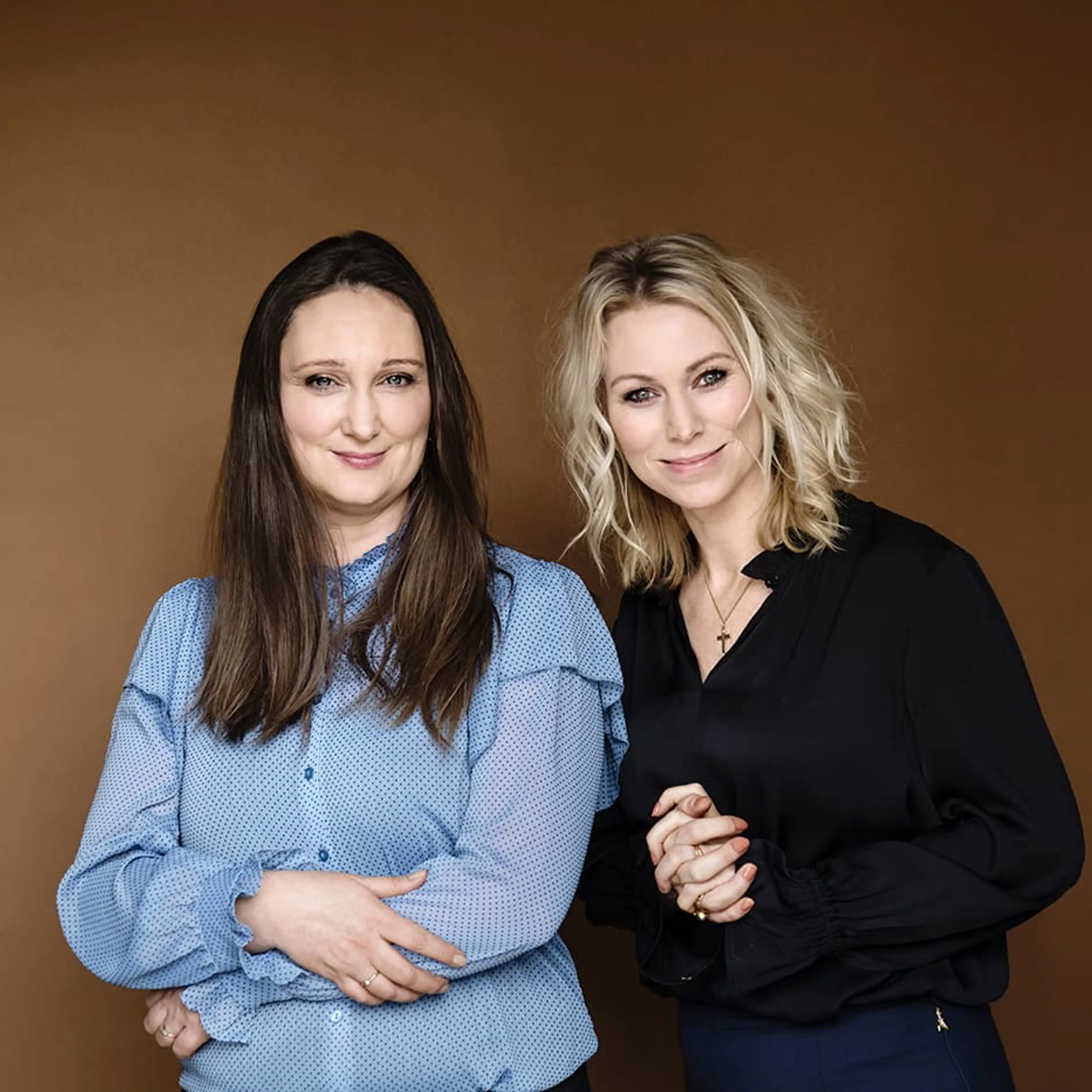Four Key Sets of Leadership CompetenciesThe report identifies four key sets of leadership competencies that are crucial for robust and adaptable organisations, and for leaders to navigate and thrive in the new dynamics:
- Orchestrating Speed and Rhythm
The rapid and frequent changes in the environment result in continuous transformation that requires immediate action. However, the ability to react quickly must be balanced with a long-term perspective and the need to step back to allow time for reflection and recovery. Additionally, leaders must balance the need to exploit existing activities while exploring new opportunities. This is a challenging tradeoff, as exploiting the existing and exploring the new require different skills, resources, and processes.
- Enabling the Organisation
Future leadership also involves a continued focus on tools and conditions to develop and maintain strong teams. Psychological safety is crucial, as is the ability to create a space to encourage the sharing of ideas and beliefs. By fostering a sense of purpose and empowerment, the organisation can become more agile, innovative, and capable of adapting to rapidly changing market conditions. With growing complexity in capabilities and dilemmas, the need for collaboration across the organisation as well as within the leadership team increases. Collaboration thereby plays a crucial role as a catalyst for realising both the organisation’s and the individual ambitions.
Leaders today are increasingly expected to be role models for employees and other stakeholders. They are expected to address issues that have a real impact on society, with a growing focus on purpose and ethics, that often starts with the leaders themselves. As a result leaders must be transparent when communicating their personal values. They must navigate with a moral compass, staying true to both themselves and the organisation they represent.
Finally, it is essential for future leadership to harness the value of diversity. Diversity in thoughts, experiences, and culture is crucial within the organisation’s boundaries, as well as when working in partnerships and across ecosystems. Leaders must create the optimal conditions with trust and respect when working with a diverse set of partners. They also need to identify relevant partners that are not already part of the existing network.
These four sets of competencies do not stand alone —they are lived within the context of the organisation’s culture, market, and strategy. Not every part of the skillsets is new, but they provide leaders with an awareness of a new language about leadership and allows them to articulate some of the key areas that they (and the leadership team) needs to focus on to create robust and sustainable organisations that are capable of offering solutions to future challenges. As a result, they should be equipped to meet the new reality of future leadership.
Read the whole report here: Leadership for the Future Report | CBS - Copenhagen Business School



